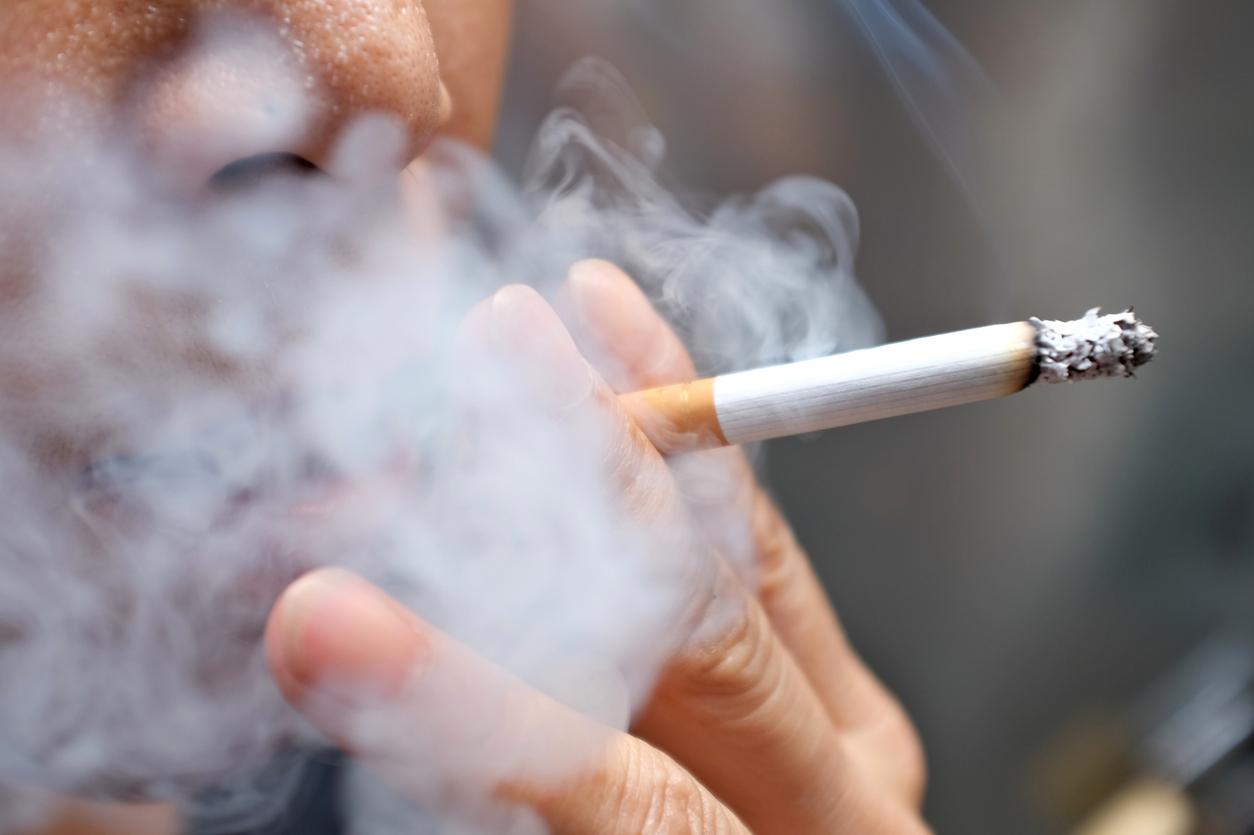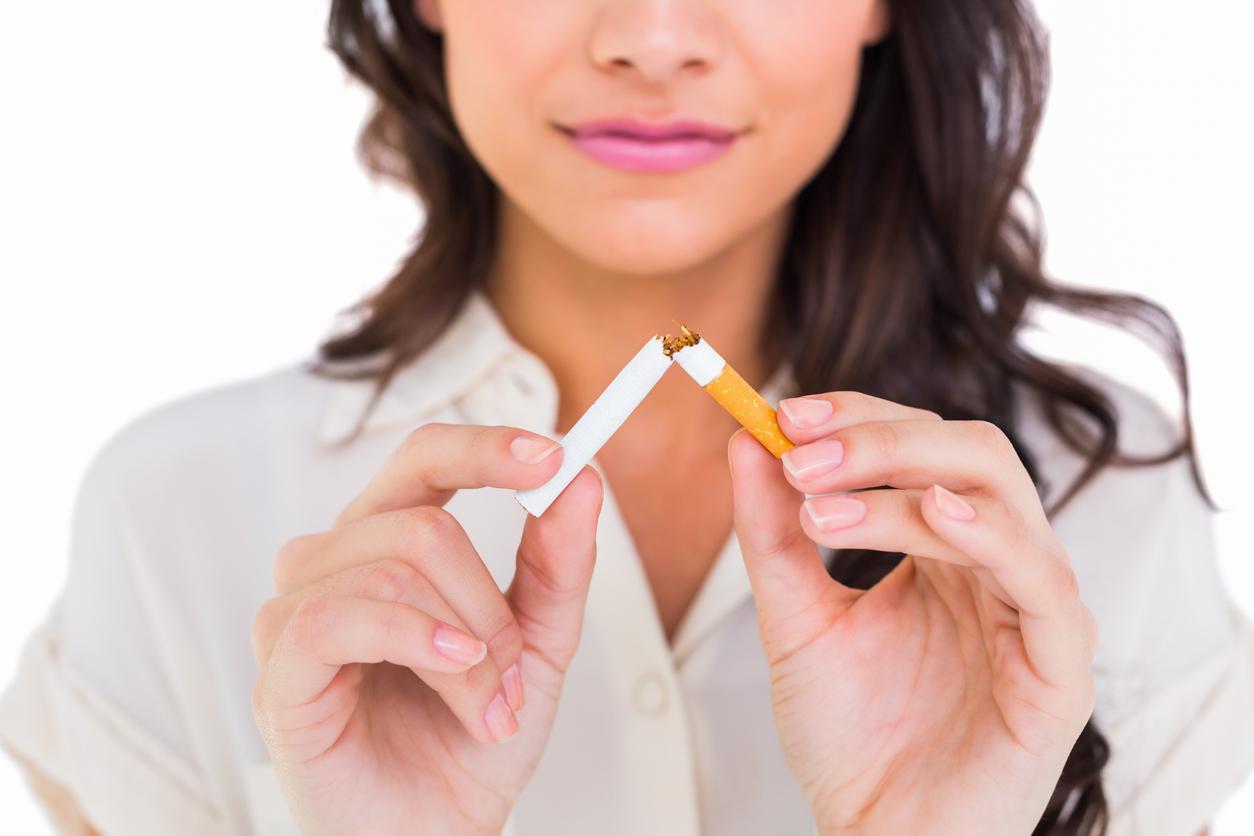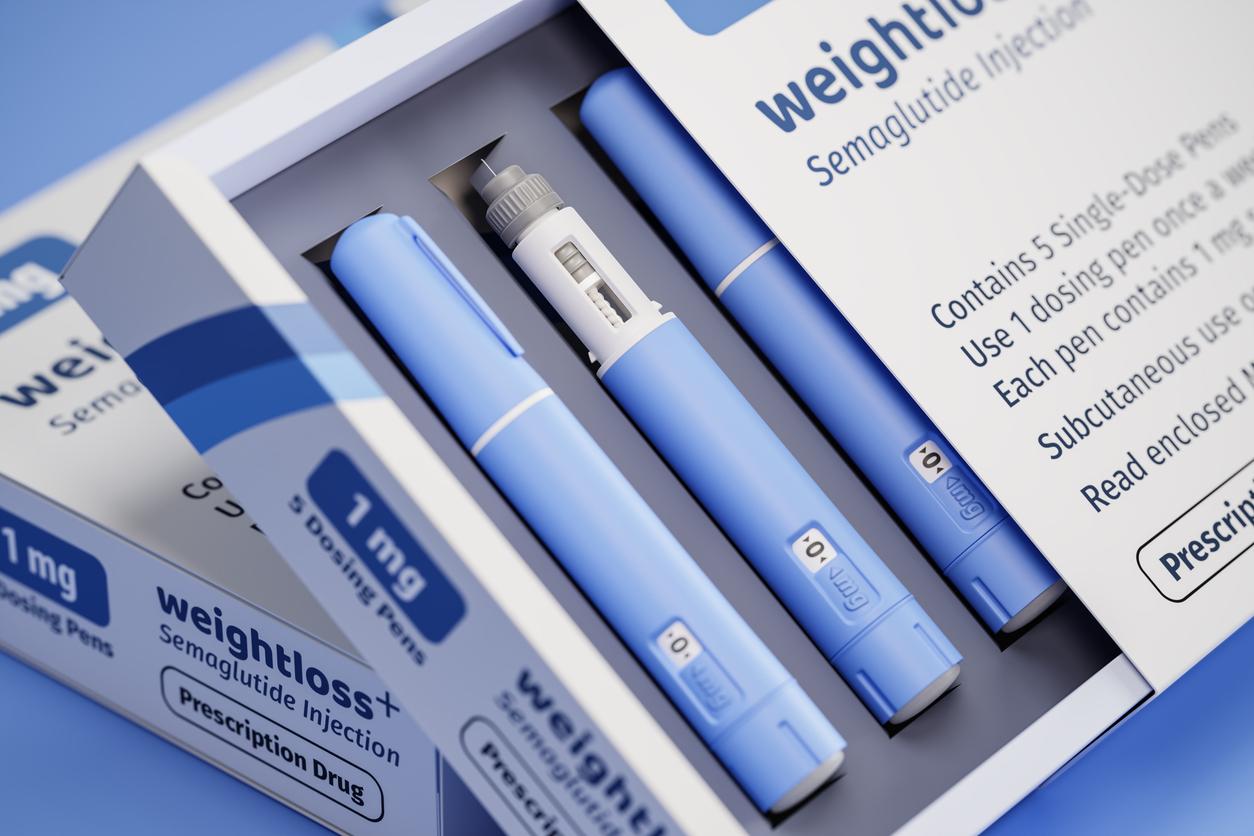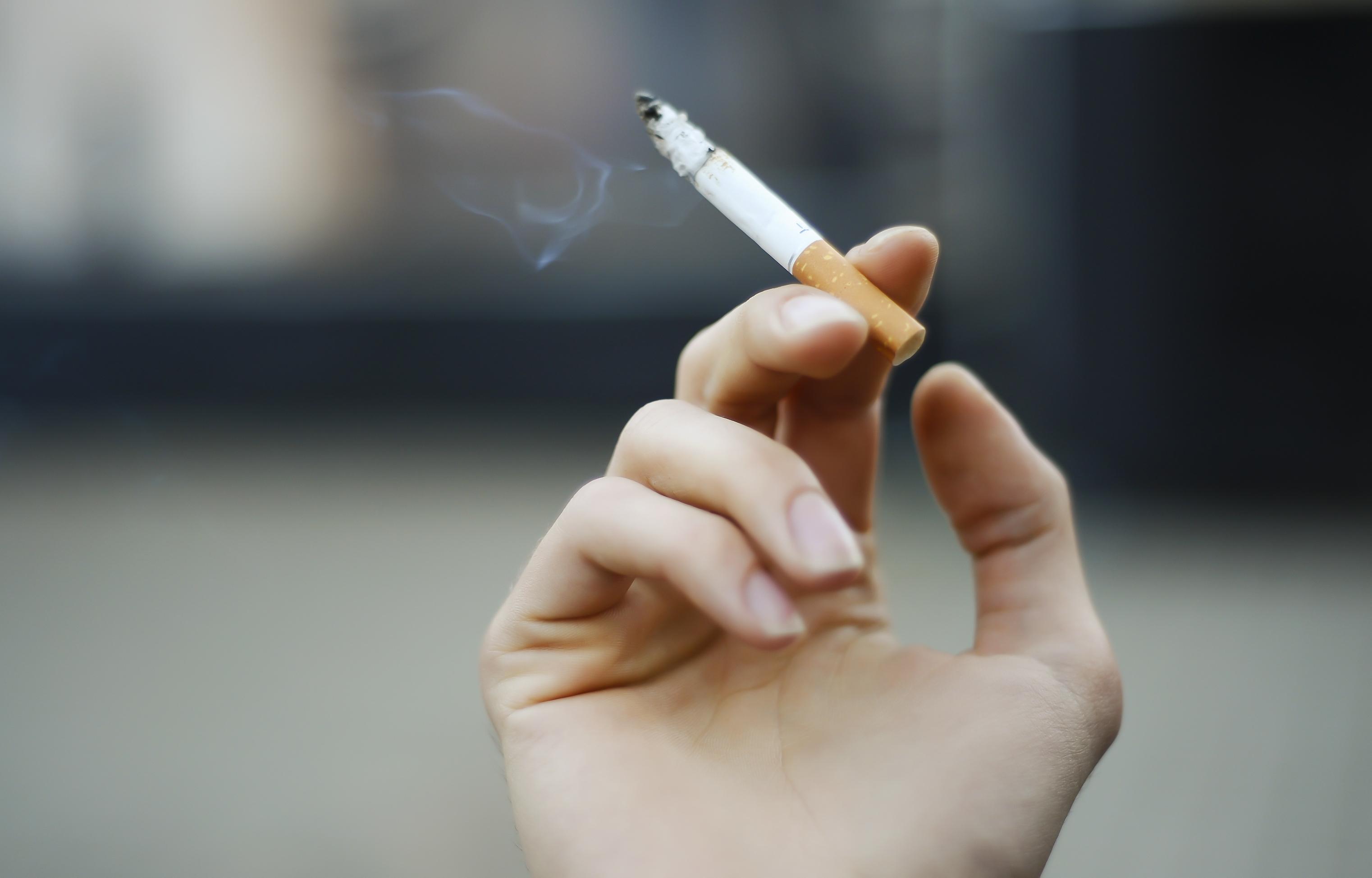Quitting smoking is never easy, but the benefits for the body are numerous, both in the short, medium and long term.
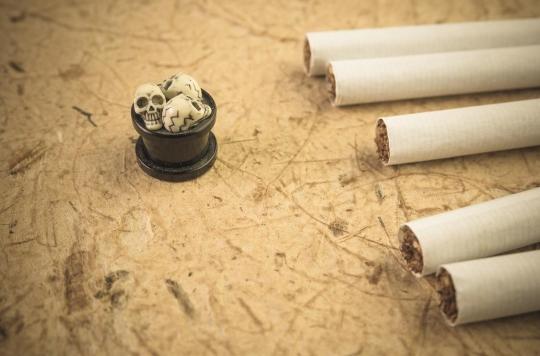
- In 2015, it was estimated that 75,000 deaths were attributable to smoking according to Santé Publique France.
- More than 12,000 people are registered for the tobacco-free month.
This Tuesday, November 1, the month without tobacco started. The opportunity to quit smoking on his side, while being supported by this national campaign. With just a few clicks, you can download the set who will accompany you in this ordeal…
Two-thirds of smokers want to quit smoking
Currently, in France, among the 13.5 million daily smokers, two-thirds say they want to quit, according to the national tobacco control plan. But what are the real benefits of quitting smoking?
From the first hours without tobacco, the level of carbon monoxide in the blood decreases, according to Tobacco info service. From 8 hours of stopping, it is halved and the person is therefore better oxygenated because the carbon monoxide prevents the lungs from functioning.
Smoking damages the olfactory nerves present in the nose which are linked to smell and taste. Thus, after a few days of stopping, most people begin to regain their sense of taste and smell. It is also increasingly easy to breathe, shortness of breath decreases.
Many benefits of quitting smoking
After a few weeks, the cough subsides, the skin looks better, and the person may feel a boost of energy as oxygen levels increase in their blood. It is less noticeable, but blood circulation is also better, both in the heart and in the muscles.
When it has been several months since a person quit smoking, their lung function improves and they find more and more breath. Obviously, his athletic performance also improves.
One year after the last cigarette, the risk of stroke would be the same as that of a person who has never smoked. As for the risk of heart attack, it is reduced by half if no cigarette has been consumed.
Finally, ten years after quitting smoking, the risk of various cancers (mouth, bladder, lung, pancreas, etc.) has decreased and life expectancy is almost the same as that of a person who has never smoke.










